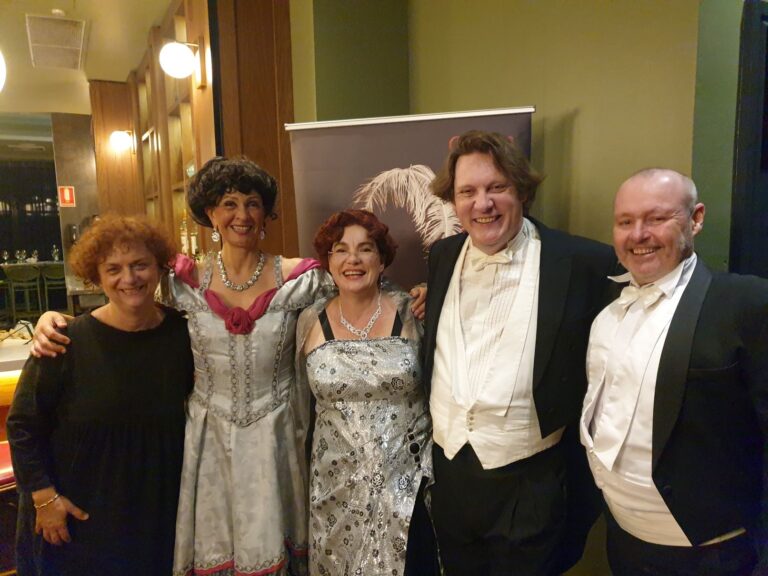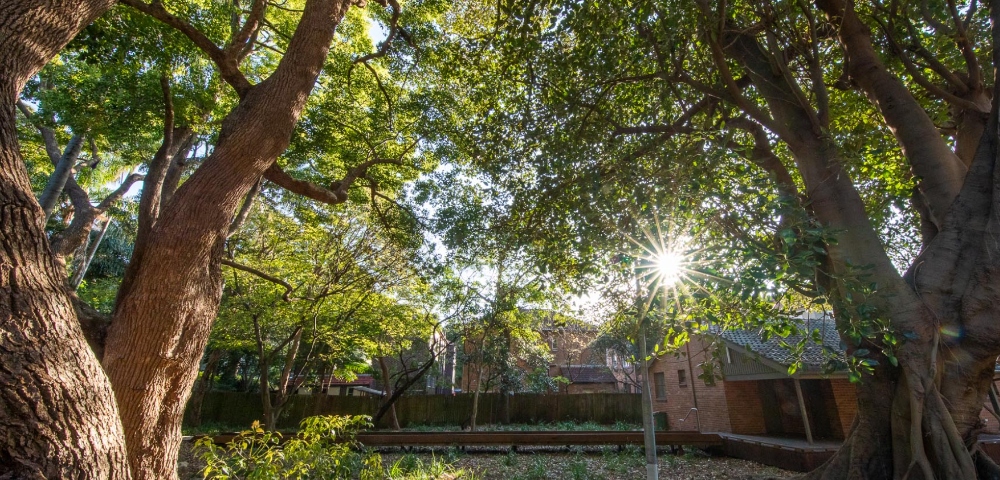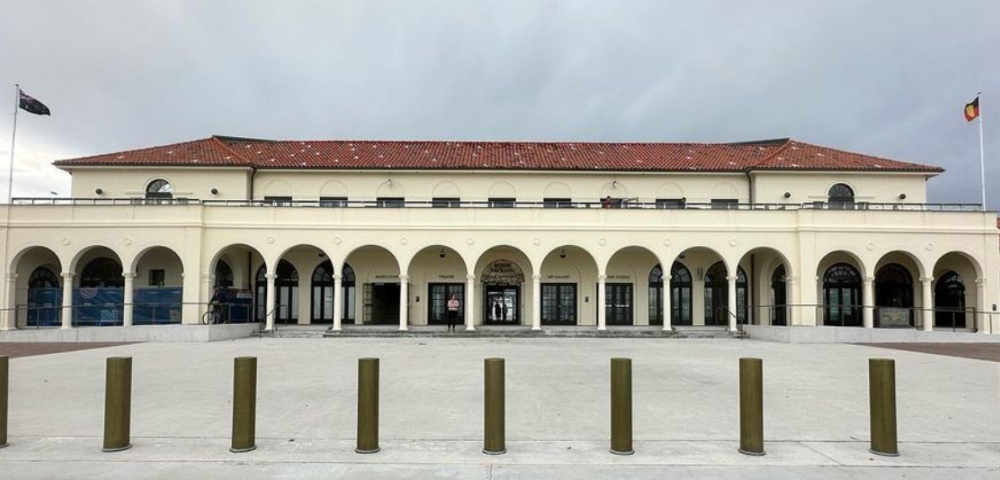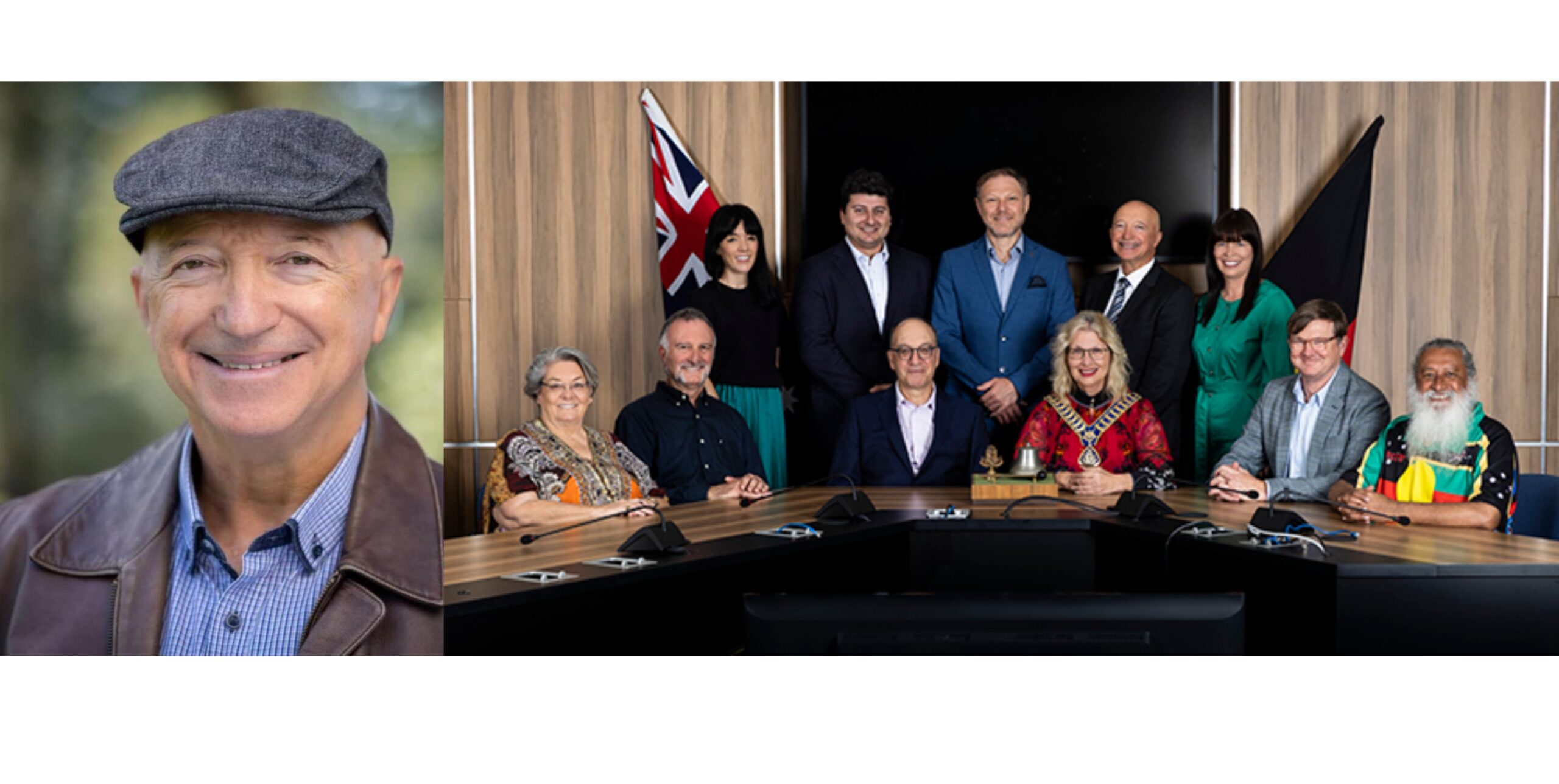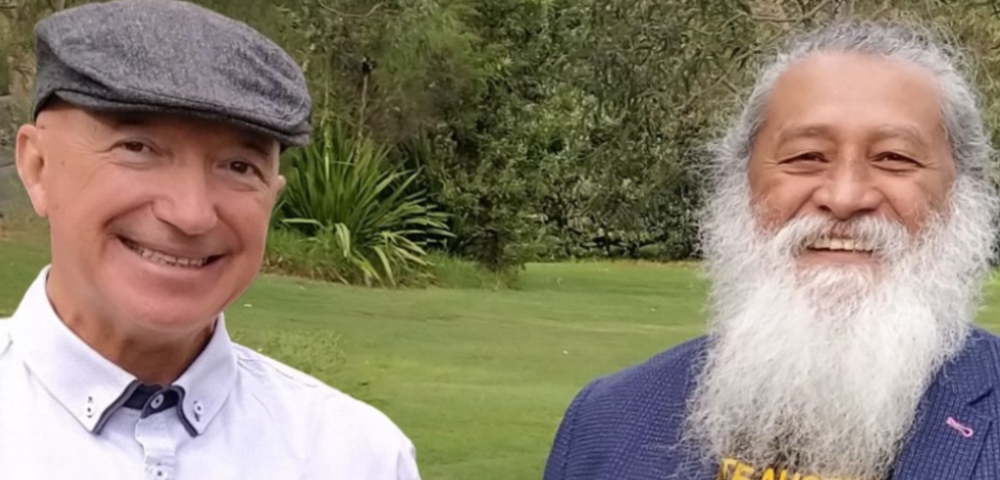
War of words over broadband
The Mayor of Waverley John Wakefield has hit back at Malcolm Turnbull’s claim that residents of his Wentworth electorate don’t need the federal government’s National Broadband Network.
Mr Turnbull, the opposition’s communications spokesman whom Tony Abbott tasked with “destroying the NBN”, told reporters that most Wentworth residents would “prefer the government upgrade [existing] broadband networks”.
In a letter to the Minister for Broadband Stephen Conroy, the mayor and Labor councillor urged NBN Co. to reconsider its decision not to fast-track the NBN rollout in Waverley.
“I was disappointed to hear Waverley was not selected for an early roll out of the NBN,” Cr Wakefield wrote, describing it was a “highly creative, open-minded community” seeking innovative, state-of-the-art solutions to its business and recreational needs.
During question time on November 23, Senator Conroy read from Cr Wakefield’s letter: “I know for a fact that many Waverley residents not only welcome the faster broadband connections promised by the NBN, but see it as an integral and mandatory part of their lives.”
This week The Bondi View spoke to locals at Bondi Junction’s Westfield shopping centre. It is clear the Government faces an awareness problem since a significant number of residents had not heard of the National Broadband Network.
Those who displayed greater knowledge of the technology were less inclined to support the policy, suggesting it was too ambitious for Australia and risked quickly becoming obsolete.
A management consultant from Vaucluse, Martin Hotz said: “They’re going through a fixed-line network – what’s the point? Everything’s on wireless. I just think it’s the biggest waste of money ever.”
Several other community members also failed to see its value. The project will cost an estimated $36 billion, of which $27 billion will come from the government.
“It would be great for a country with a higher population, but if we are only 20 million people, the cost has to be divided by that,” said one resident. Others suggested it would be too expensive to extend such a network over Australia’s large and sparse regional areas.
While many were enthusiastic about the concept of faster internet, few thought it was an important need for the Waverley community.
Mr Turnbull told The Bondi View that the area was already well served by infrastructure.
“At the last Census in 2006, more than 72 per cent of Waverley households were connected to the internet at home, compared to 63 per cent nationally,” he said.
“Telstra will shortly upgrade its cable to 100 Mbps – the top speed promised by the NBN. Perhaps Mr Wakefield should explain to Waverley residents why they are paying thousands of dollars per household to shut down these rival networks, which can already deliver super-fast broadband.”
But Cr Wakefield said the NBN is a key step in his plan to further Waverley’s position in the national and international creative economy.
“Waverley has a unique combination of natural beauty and a progressive, educated, and cosmopolitan population – the ingredients, research has shown, of a creative community and a successful creative economy,” he said.
Cr Wakefield argued the NBN was especially important in Waverley because constituents “require the use of applications that are speedy and responsive in a multitude of locations, many of which are not the traditional office space, as their office has no boundaries and extends as far as the network will take them”.
The Mayor said he would continue to press for an early rollout of the NBN in Waverley, as well as undertaking preliminary statistical research into the nature of the area’s workforce, and investigating the installation of free public wi-fi at Bondi Junction and Bondi Beach.
These measures will “tie together a number of themes of Council’s current activities and focus Council on a longer term strategic goal [to] position our area as the leading creative economy cluster in Australia,” he said.
The NBN debate challenges the public on how to approach the future. Technology ambassadors, such as inventor and researcher Mark Pesce, commonly argue the infrastructure needs to be in place to support future net-based applications which are currently inconceivable.
Mr Turnbull has previously told such proponents they need to “lay off the Kool-Aid”.
“Why does the Government believe it can ‘future proof’ Australia and scrap competition with a fixed line government monopoly network when the industry is rapidly evolving and innovating to meet those needs?” he said.
In April, a nationwide Essential Media poll found support for the NBN at 54 per cent, with 22 per cent strongly in favour.
